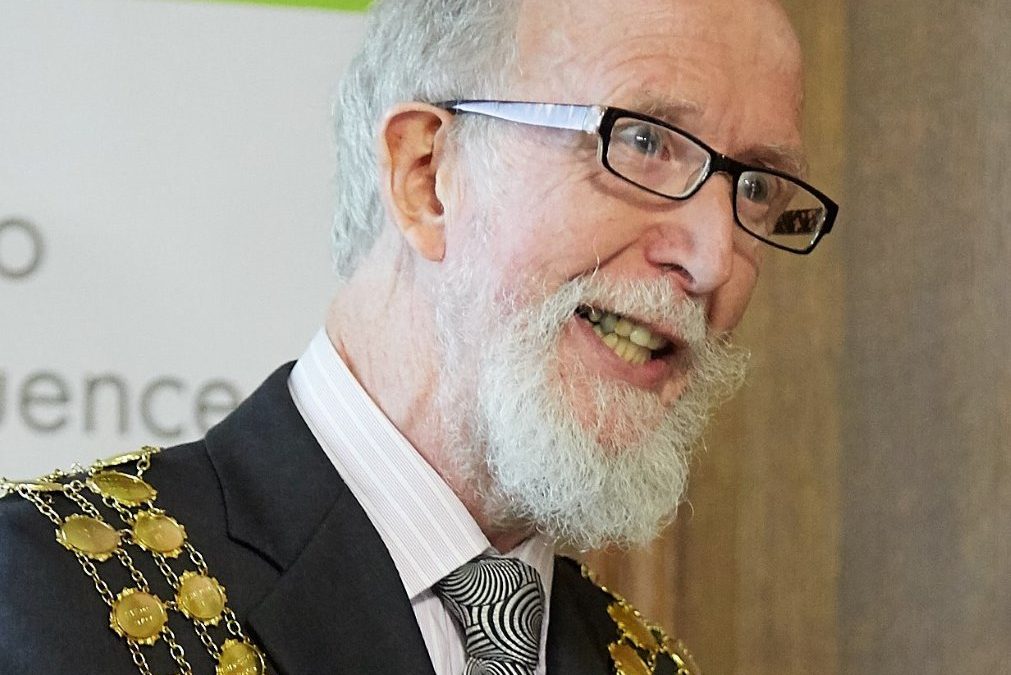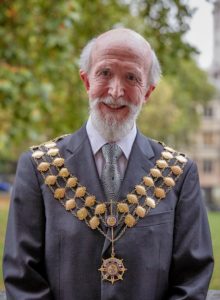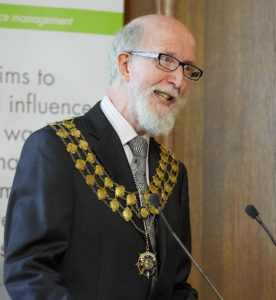DCW looks back on his CIWM Presidential year
Professor David C. Wilson’s final contribution to the CIWM Journal took the form of an interview in which he looked back on his Presidential year. This web-posting also includes an index of and links to his monthly columns for the CIWM journal, many of which were ‘think-pieces’ on issues in which he has been involved for years or even decades. Among the questions covered in the final interview were: has any topic dominated the year (yes, plastics – both marine plastics and the ‘China ban’); and what would be your advice to Enda Kiernan and future CIWM Presidents (‘Be true to yourself’ – which the editor also used as this month’s headline).
https://www.babyscanclinic.com/blog/order-generic-levitra/
Interviews and DCW’s theme for the year:
- Dec 2018: ‘Be true to yourself’. DCW looks back on his year as president. PDF attached at end of post.
- Dec 2017: A key utility service. DCW revisited his Presidential address to further explain his key themes for the year ahead. The overarching theme was to have solid waste management recognised as an essential utility service.
- Nov 2017: One small step. The editor Ben Wood introduced DCW, his story in waste and his hopes for his Presidential year. PDF attached at end of post.
Plastics:
- Oct 2018: Plastics – diabolic or fantastic? How to respond to the crisis of plastics entering our oceans? Which plastic uses are diabolic and which fantastic?
- Jun 2018: How to influence people. DCW reported on CIWM’s role in influencing the UK’s initiative on marine plastics which was announced at the Commonwealth Heads of Government Meeting in London in April 2018.
- Apr 2018: China – coming full circle. In the wake of the current China-induced recycling crisis in the West, DCW gave his personal perspective on China’s journey in waste management and recycling over the last 30-40 years and moving forward…
- Feb 2018: Turning the tide. Where do plastics entering the ocean come from, and how do we turn the tide?
Promoting waste reduction and recycling:
- Sep 2018: Charge! DCW reflected on the challenges of devising the right policies to charge households for solid waste management services
- May 2018: Revaluing recycling. DCW argued that we need to rethink recycling if it is to become sustainable and proposed a framework for doing so, by considering the embodied social, environmental and technical values alongside the market price.
- Jan 2018: Inspiring reuse. DCW showcased the five inspiring projects shortlisted for Best Reuse or Waste Prevention Project at the CIWM Sustainability and Resource Awards 2017.
Waste and climate
- Jul 2018: Don’t waste our climate. DCW made the case for resource and waste management as an entry point to achieve significant climate mitigation. The article was subsequently re-published by the National Solid Waste Association of India (NSWAI) in their member journal Waste Monitor in July 2019.
- Website May 2018: Uncontrolled burning of solid waste as a significant contributor to climate change. DCW reported on current research at Imperial College London.
Tackling the global waste crisis
- Website Nov 2018: DCW awards his Presidential Medal to Mike Webster, Founder and CEO of the charity Wasteaid.
- Website Oct 2018: Tackling the global waste crisis through community waste management. DCW reported on two papers in the peer-reviewed literature, which follow-up on the CIWM-Waste aid toolkit Making Waste Work.
- Dec 2017: A key utility service. A key theme for DCW’s Presidential year was to highlight the global waste crisis, the 3 billion people who lack access to basic SWM services.
- Website Nov 2017: DCW launches toolkit for community waste management. Introducing DCW’s Presidential Report, the CIWM-Wasteaid Toolkit Making Waste Work. The Toolkit includes a dozen How-to-do-it Guides to enable local entrepreneurs to implement simple technologies using organics and low-value plastics in the waste.
Other DCW areas of interest or ‘hobby horses’:
- Aug 2018: Hazardous waste – plus ça change. DCW reflected on 40 years of involvement with hazardous waste policy, and concluded that the current and future challenges identified by CIWM’s Hazardous Waste Special Interest Group have changed relatively little over the years.
- Mar 2018: Let’s skip “the tip”. DCW argued that terms such as “the tip”, “rubbish”, “refuse” and arguably “tipping”, have no place in the vocabulary of the professional waste and resource manager.


